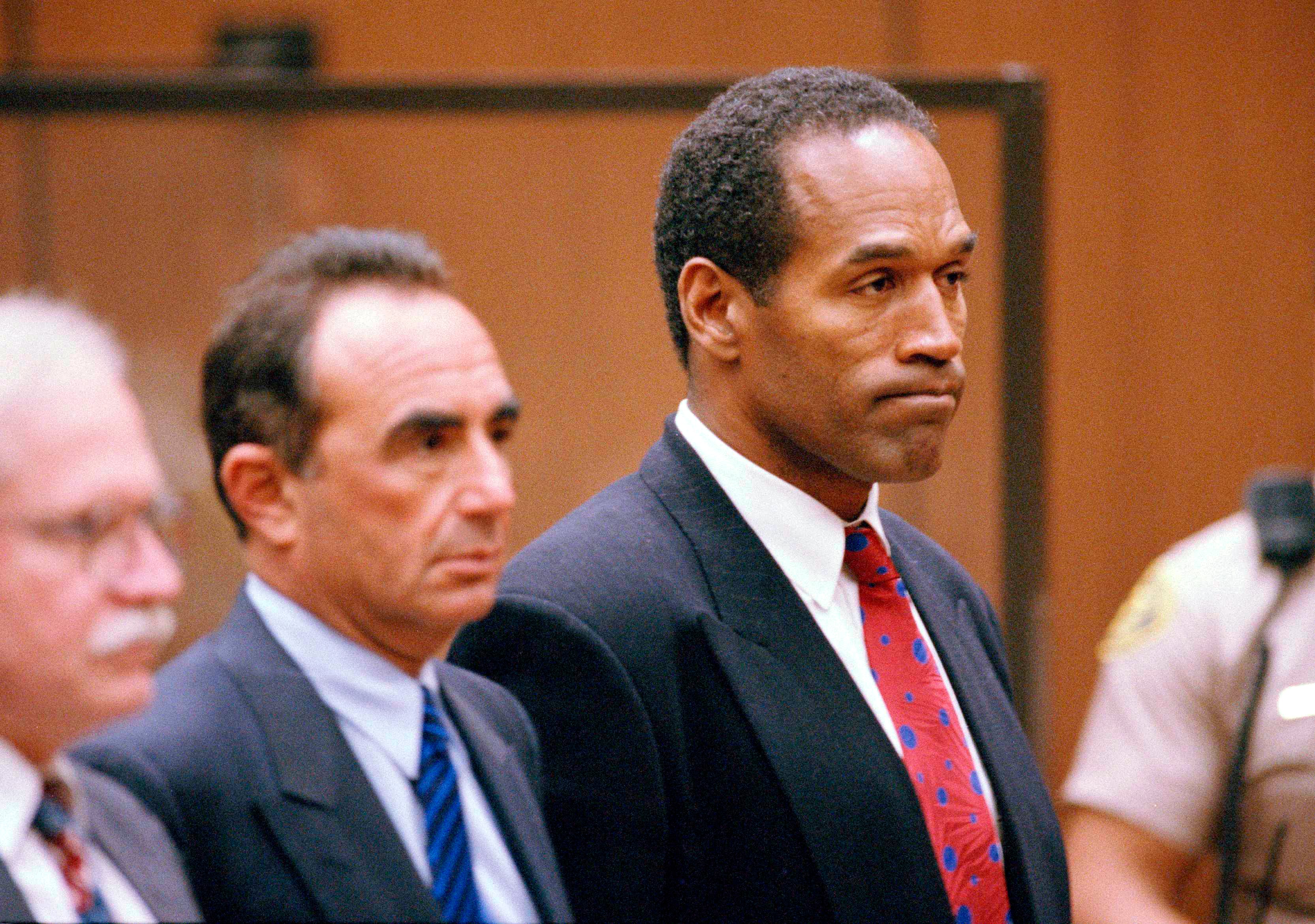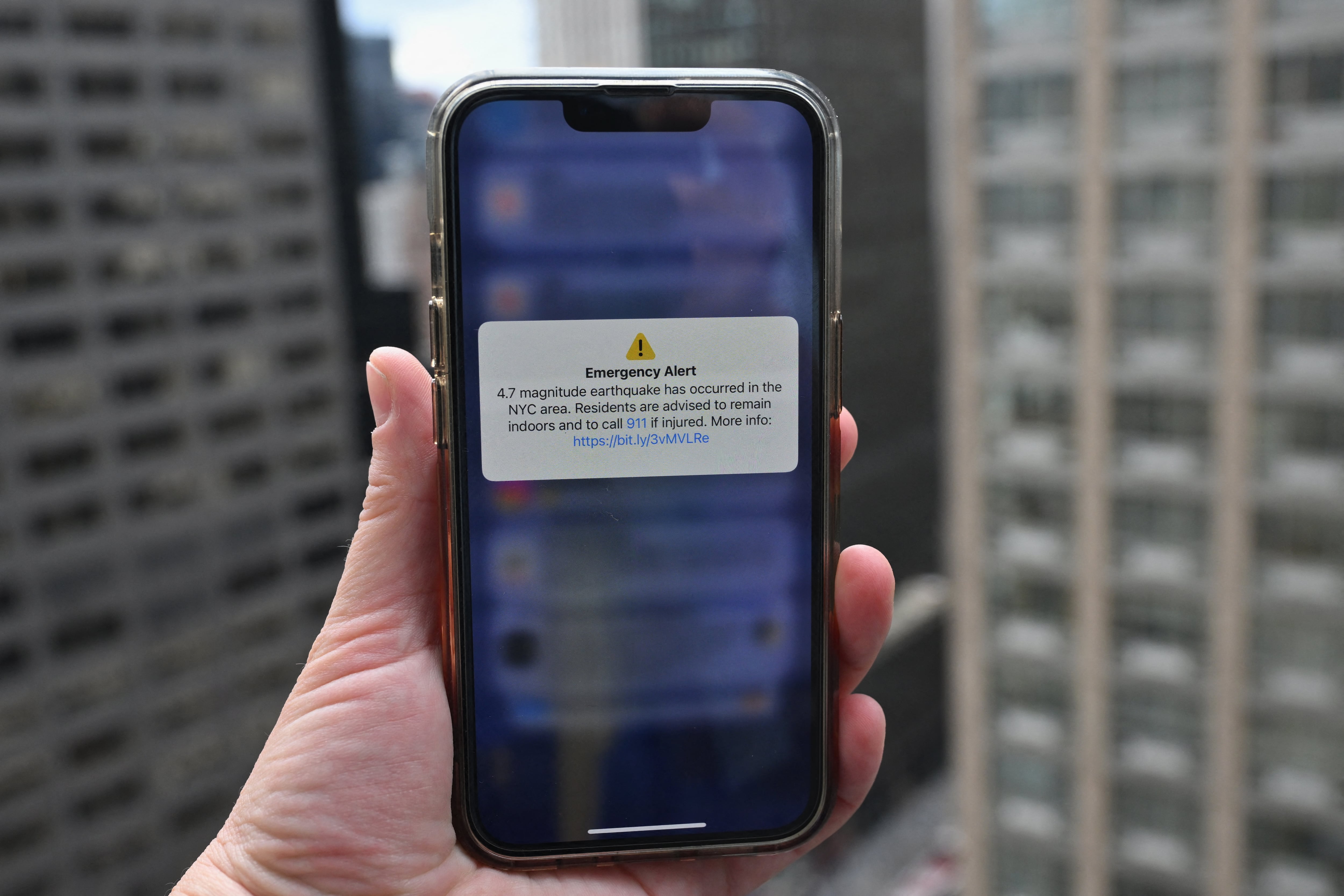*By Samantha Errico* After 236 sold-out Broadway performances, Bruce Springsteen is still "Born to Run"ー all the way to Netflix. The 20-time Grammy Award-winning artist is bringing his raw talents to the streaming service with "Springsteen on Broadway." Thom Zimny, the show's Emmy Award-winning producer and director, told Cheddar on Monday that he didn't just want to retell Springsteen's story, but "create a film that captured this magical thing ー the theatrical space." "Springsteen On Broadway" strips an ordinary concert of complexity and distraction and features a one-man-show format with a simple guitar, piano, and the musician's personal stories. "One of the key things I relied on was looking at his face and his eyes," Zimny said. Zimny emphasized that Netflix ($NFLX) allowed the creative process to unfold naturally as his team transitioned from onstage to onscreen. "They gave us the support and the space needed to make the show," he said. Netflix, with its massive reach, opens the possibility for a wide audience to learn more about Springsteen's story and the "universal messages" of his music. "I don't know of another artist who could do this, in this way," Zimny said. "Springsteen On Broadway" is now available on Netflix. For full interview [click here](https://cheddar.com/videos/springsteen-on-broadway-was-born-to-run-on-netflix).












